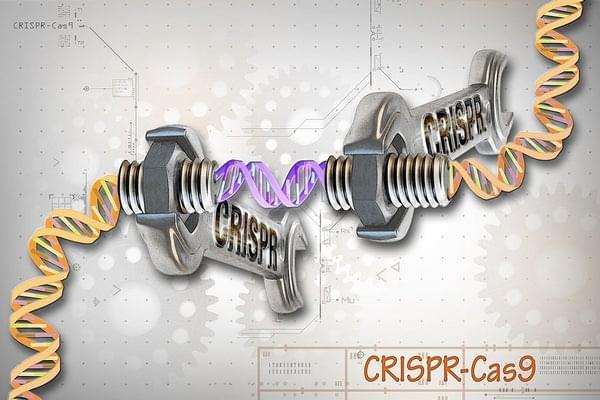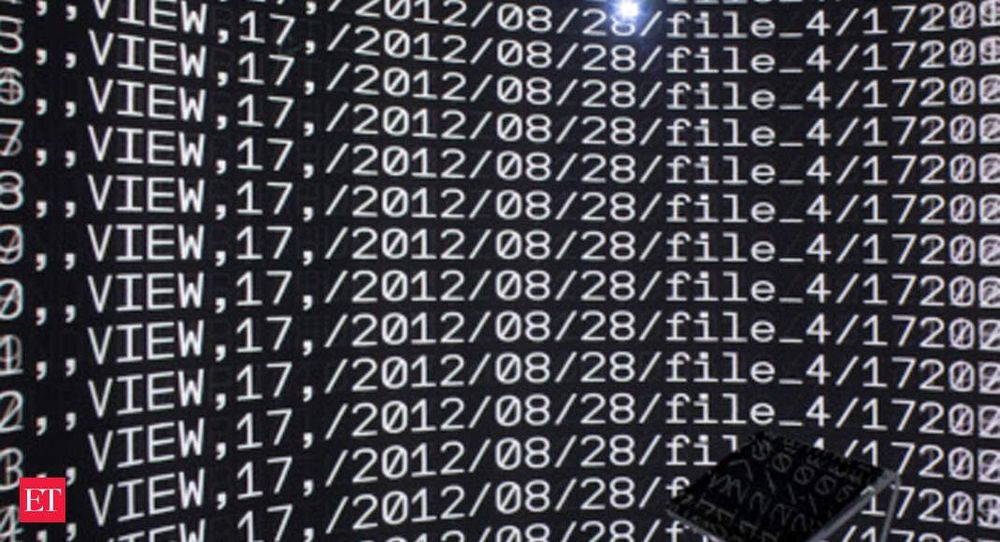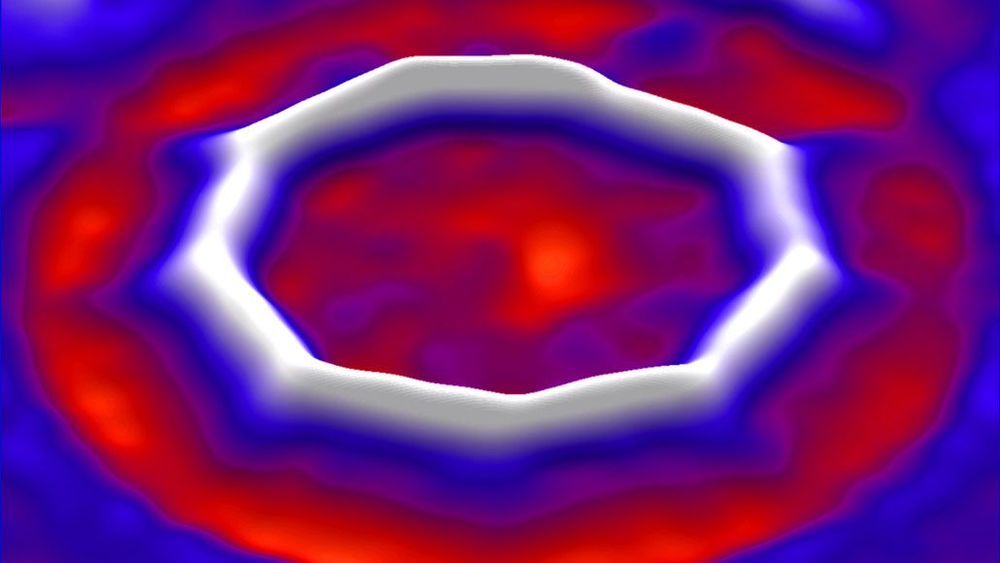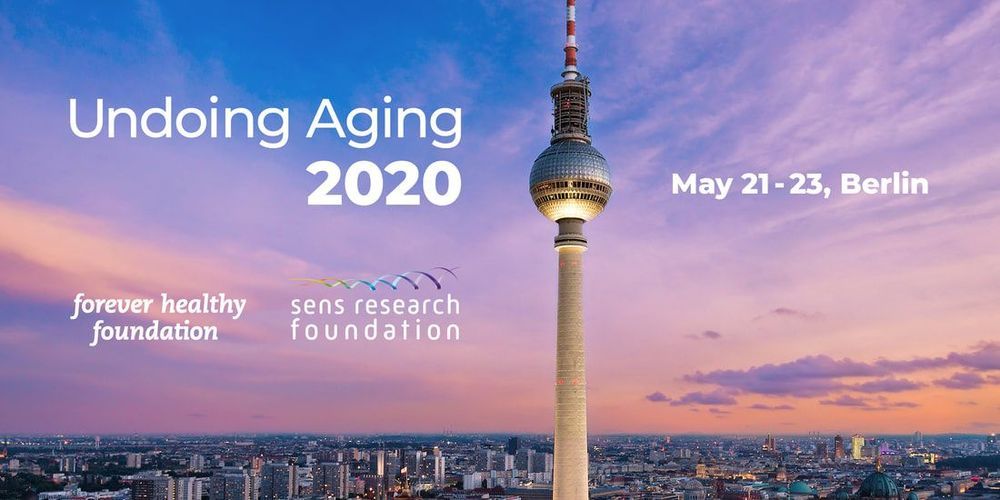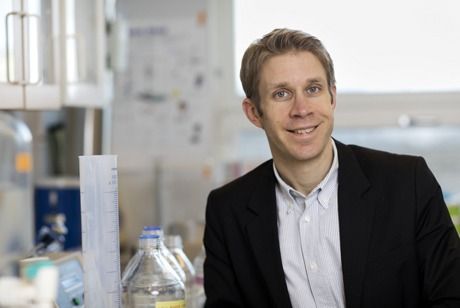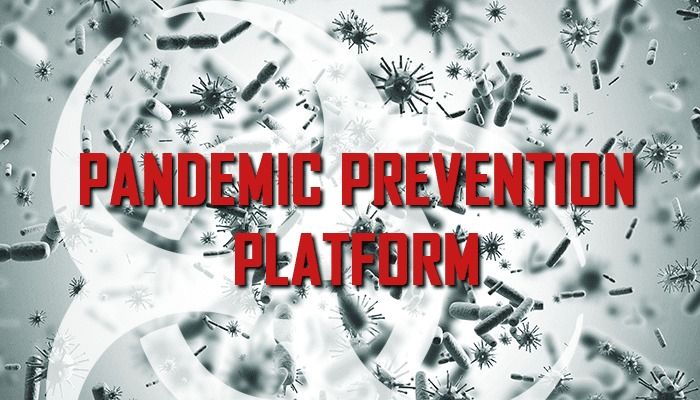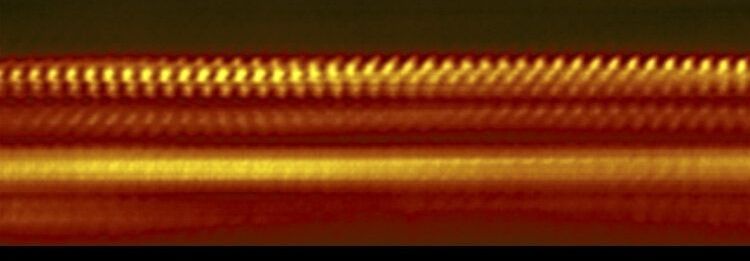Page 7639
Aug 18, 2019
Can CRISPR–Cas9 Boost Intelligence?
Posted by Quinn Sena in categories: biotech/medical, genetics
A letter was recently published in Nature on 329,000 young people identifying 74 genetic variants—spelling mistakes in single nucleotides in the six billion letter human genome—which can be used to predict nearly 20 percent of the variation in school years completed, a quantitative trait of fortitude which is correlated to general intelligence, and which you can learn about by sequencing your own genome.
Staple that to your college application.
Even before the “molecular age,” we were on guard for the slightest tips that show we are more or less valued than our peers. But there was also caution from the academics that there was actually very little we could do to leverage our biology for improvement. In 1924, the Harvard geneticist William Castle quipped that “we are scarcely as yet in a position to do more than make ourselves ridiculous in this matter. We are no more in a position to control eugenics than the tides of the ocean.”
Aug 18, 2019
Small towns in India are powering the global race for artificial intelligence
Posted by Genevieve Klien in categories: biotech/medical, employment, robotics/AI
One day, who knows when, artificial intelligence could hollow out the job market. But for now, it is generating relatively low-paying jobs. The market for data labeling passed $500 million in 2018 and it will reach $1.2 billion by 2023, according to the research firm Cognilytica. This kind of work, the study showed, accounted for 80% of the time spent building AI technology.
Is the work exploitative? It depends on where you live and what you’re working on. In India, it is a ticket to the middle class. In New Orleans, it’s a decent enough job. For someone working as an independent contractor, it is often a dead end.
There are skills that must be learned — like spotting signs of a disease in a video or medical scan or keeping a steady hand when drawing a digital lasso around the image of a car or a tree. In some cases, when the task involves medical videos, pornography or violent images, the work turns grisly.
Aug 18, 2019
Vegetable-rich Diet lowers Fatigue in Multiple Sclerosis patients
Posted by Paul Battista in category: biotech/medical
Fatigue affects majority of MS patients, impacting quality of life and ability to work full time. Higher levels of blood high-density lipoprotein (HDL) may improve fatigue in multiple sclerosis patients, according to a new University at Buffalo-led study.
The pilot study, which investigated the effects of fat levels in blood on fatigue caused by multiple sclerosis, found that lowering total cholesterol also reduced exhaustion.
The results, published recently in PLOS ONE and led by Murali Ramanathan, PhD, professor in the UB School of Pharmacy and Pharmaceutical Sciences, highlight the impact that changes in diet could have on severe fatigue, which impacts the majority of those with multiple sclerosis.
Aug 18, 2019
Chemists have created and imaged a new form of carbon
Posted by Saúl Morales Rodriguéz in category: particle physics
ONE RING Scientists have created a new form of carbon consisting of 18 atoms arranged in a ring, illustrated here with data from an atomic force microscope. Bonds between atoms are alternately longer and shorter, giving the ring nine sides.
Aug 18, 2019
UPS Has Been Secretly Delivering Mail in Self-Driving Trucks for Months
Posted by Dan Kummer in categories: robotics/AI, transportation
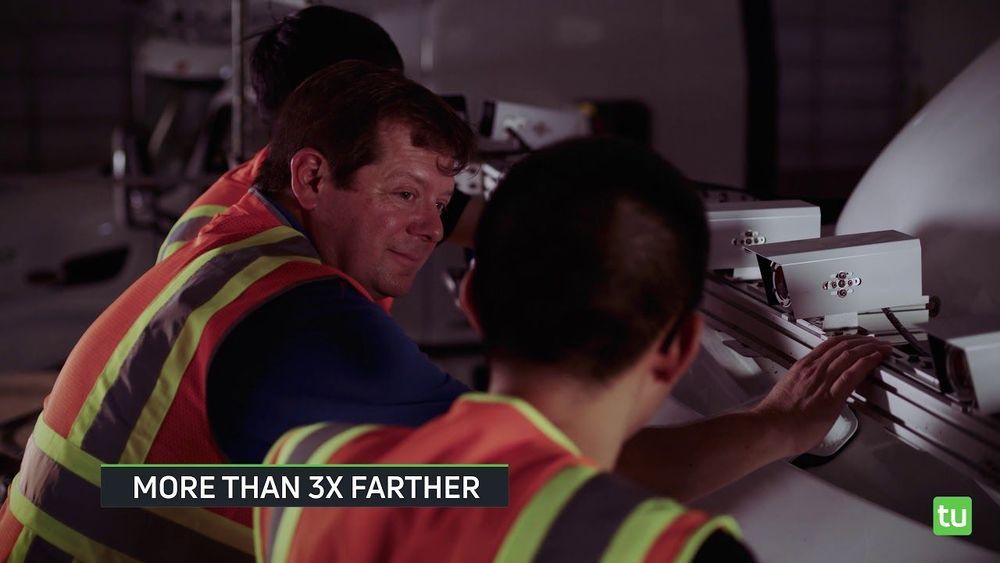
This is already happening on a small testing scale; the Big roll out is coming in 4 or 5 years.
UPS has been delivering a new kind of automated mail — and it’s not via email.
Continue reading “UPS Has Been Secretly Delivering Mail in Self-Driving Trucks for Months” »
Aug 18, 2019
Amutha Boominathan presenting at Undoing Aging 2019
Posted by Paul Battista in category: life extension
Aug 18, 2019
Broccoli in focus when new substance against diabetes has been identified
Posted by Omuterema Akhahenda in category: biotech/medical
University of Gothenburg NEWS: JUN 15, 2017.
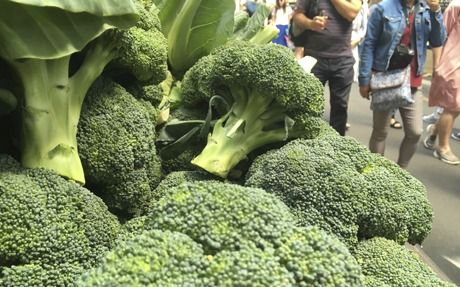
Researchers have identified an antioxidant – richly occurring in broccoli – as a new antidiabetic substance. A patient study shows significantly lower blood sugar levels in participants who ate broccoli extract with high levels of sulforaphane.
Continue reading “Broccoli in focus when new substance against diabetes has been identified” »
Aug 18, 2019
Stopping Pandemic X: DARPA Names Researchers Working to Halt Outbreaks
Posted by Omuterema Akhahenda in categories: biotech/medical, health
The Defense Advanced Research Projects Agency (DARPA) launched the Pandemic Prevention Platform (P3) program in 2017, with the eventual goal of halting the spread of any infectious disease outbreak before it can escalate into a pandemic.
Current approaches for recent public health emergencies due to infectious diseases have not produced effective preventive or therapeutic solutions in a relevant timescale. Examples from recent outbreaks such as H3N2 (flu), Ebola, and Zika viruses highlight the significant lag in deployment and efficacy of life-saving solutions.
Aug 18, 2019
Researchers build a heat shield just 10 atoms thick to protect electronic devices
Posted by Genevieve Klien in categories: computing, mobile phones, particle physics
Excess heat given off by smartphones, laptops and other electronic devices can be annoying, but beyond that it contributes to malfunctions and, in extreme cases, can even cause lithium batteries to explode.
To guard against such ills, engineers often insert glass, plastic or even layers of air as insulation to prevent heat-generating components like microprocessors from causing damage or discomforting users.
Now, Stanford researchers have shown that a few layers of atomically thin materials, stacked like sheets of paper atop hot spots, can provide the same insulation as a sheet of glass 100 times thicker. In the near term, thinner heat shields will enable engineers to make electronic devices even more compact than those we have today, said Eric Pop, professor of electrical engineering and senior author of a paper published Aug. 16 in Science Advances.

